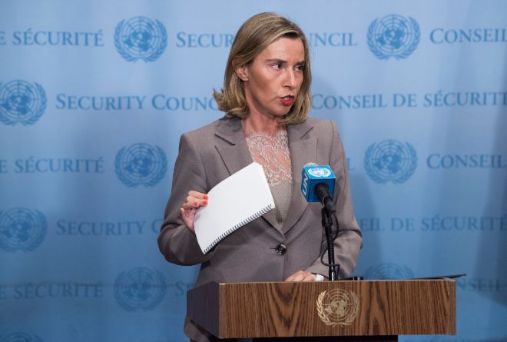About the project
LEGOF examines the viability of the European Union's (EU) foreign and security policy in the context of enhanced uncertainty, risk and ambiguity in international affairs. It aims to provide an updated analysis of the role and capabilities of the EU in the changing world order.
LEGOF posits that there is need for a particular type of legitimacy for the EU to be a capable and a reliable actor. The requirement of physical capabilities to insert the EU's will in a changing world order depends on the Union's ability to establish a legitimacy basis of its own that is also acceptable for others. The prevailing mood is of a need to shift from soft to hard power in the context of increased geopolitical competition. Yet the success of such a shift itself depends on protracted consensus-making processes between the Masters of the Treaties. Power is only power as long as there is agreement and as long as the member states stay together.
Objectives
LEGOF aims to break new ground in research on EU foreign and security policy through its emphasis on legitimacy in the establishment of capability. Drawing on its conception of legitimacy it conducts four strands of empirical analyses, which address both the procedural and the substantive dimensions of EU foreign, security and defence policy. LEGOF’s theoretically informed research establishes a sound basis for developing policy relevant analyses.
Cooperation
LEGOF involves a cross-disciplinary group of researchers from political science, sociology, law, and philosophy:
- European University Institute, Marise Cremona
- University of Bristol, Ana E. Juncos Garcia
- University College Dublin, Ben Tonra
- LUISS Guido Carli, Raffaele Marchetti
-
Comenius University Bratislava and Webster Vienna Private University, Jozef Bátora
-
Jagiellonian University Krakow, Magdalena Gora
-
Norwegian University of Science and Technology (NTNU), Kjartan Koch Mikalsen
-
The Arctic University of Norway, Hans-Kristian Hernes
-
University of Bergen, Lars Chr. Blichner
-
University of Oslo, Cathrine Holst
Financing
LEGOF is financed by the Research Council of Norway’s research initiative ‘Europe in Transition’ (EUROPA).
Project period: 1 October 2018 – 30 September 2021

 Funded by the Research Council of Norway
Funded by the Research Council of Norway